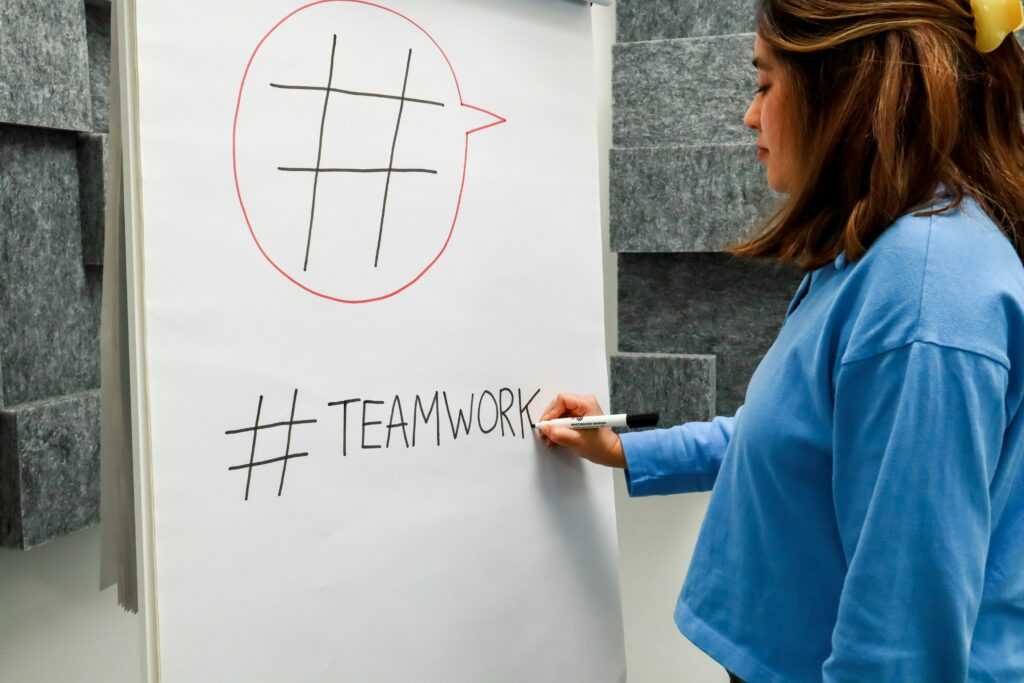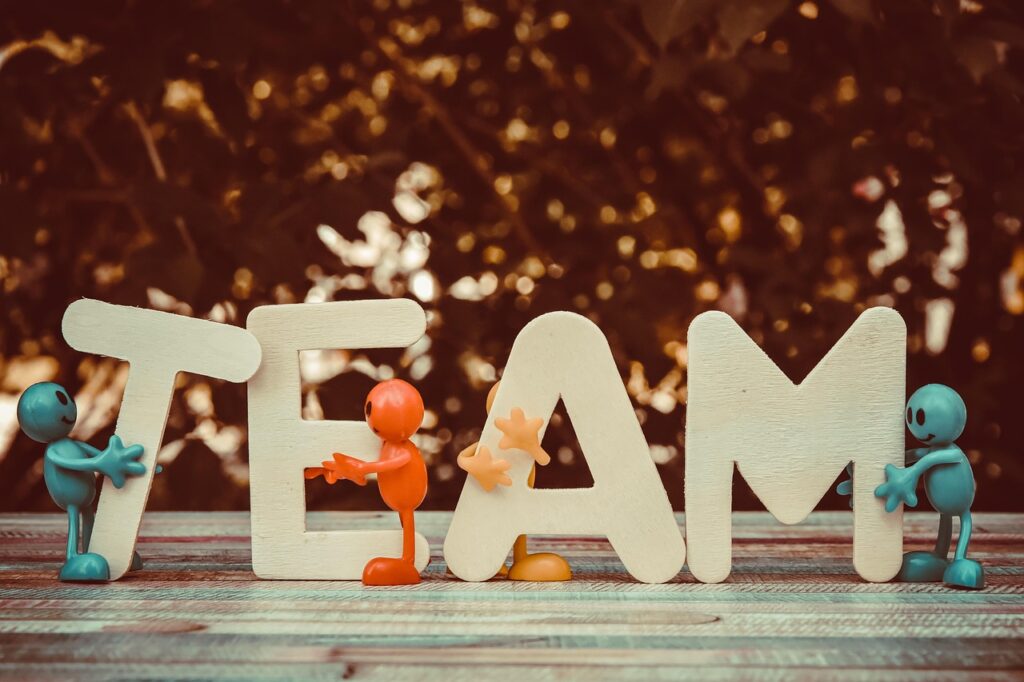Teamwork thrives on trust. Without it, even the most skilled group of individuals can struggle to achieve their goals. I’ve seen how a lack of trust can create barriers, while genuine collaboration built on mutual respect can lead to extraordinary results. It’s not just about working together—it’s about believing in each other’s abilities and intentions.
Building trust within a team doesn’t happen overnight. It requires consistent effort, clear communication, and strategies that bring people closer. Whether you’re leading a team or contributing as a member, understanding how to foster trust can transform how a group functions. When trust and teamwork align, the results aren’t just productive—they’re inspiring.
Importance Of Teamwork And Trust In Professional Settings
Teamwork and trust directly impact the efficiency and success of professional environments. Without collaboration, tasks often remain incomplete or poorly executed, reducing overall organizational performance. Trust ensures that team members rely on one another for:
- support
- accountability
- sharing critical responsibilities
Strong teamwork promotes diverse perspectives. Teams that embrace collective problem-solving often achieve innovative results, as diverse viewpoints can address challenges more comprehensively. Trust acts as the foundation for this collaboration, ensuring members feel secure in expressing ideas or contributing to discussions.
Trust reduces conflicts and misunderstandings. Transparent communication becomes more natural when trust exists, preventing misinterpretations that can derail projects. In highly trusting environments, teams resolve disputes effectively, fostering stronger professional bonds.
Effective teamwork enhances productivity through task delegation. When trust allows individuals to depend on their colleagues, tasks align with specific strengths, ultimately reducing bottlenecks and improving workflow. For instance, teams executing complex projects efficiently distribute responsibilities based on expertise.
High levels of trust and teamwork also boost morale. Supporting one another in achieving goals creates a sense of shared achievement, motivating individuals to perform better. In professional settings, this often drives organizational growth while maintaining employee satisfaction.
Building Trust Within The Team

Trust serves as the foundation for strong teamwork. Establishing trust requires deliberate actions and a focused approach to create a culture of collaboration and confidence.
Open Communication
Sharing information openly nurtures trust within the team. I ensure transparency by encouraging active listening during discussions and providing feedback that’s constructive and actionable. This approach helps address concerns promptly while aligning team members with shared goals. For example, I might hold regular check-ins or brainstorming sessions, creating an environment where ideas and concerns are voiced freely.
Consistency And Reliability
Demonstrating dependable behavior builds trust over time. I consistently meet deadlines, deliver on promises, and uphold commitments, showing team members they can count on me. This predictability creates stability, reducing stress and fostering trust. For instance, when leading a project, I might use a shared calendar or establish clear milestones to track progress consistently.
Encouraging Accountability
Promoting accountability strengthens trust by ensuring everyone contributes equally to shared objectives. I set clear expectations for roles and responsibilities, holding myself and others accountable for outcomes. Addressing lapses constructively ensures fairness and minimizes resentment. For example, I could implement a system where each member reports on their progress, ensuring visible contributions across the team.
Strategies To Enhance Teamwork
Effective teamwork combines clear goals, trust, and proactive collaboration. Implementing the right strategies solidifies team dynamics and ensures efficient performance.
Defining Roles And Responsibilities
Clarifying each team member’s role reduces confusion and ensures accountability. I focus on creating detailed role descriptions that align with the team’s objectives. For instance, assigning specific tasks within projects ensures everyone understands their contributions. Regularly reviewing responsibilities helps adjust to changes and maintains alignment with goals.
Encouraging Collaboration And Inclusivity
Fostering collaboration starts with engaging all team members equally. I promote open discussions and value diverse input by ensuring everyone’s voice is heard during brainstorming sessions or planning meetings. Inclusive decision-making strengthens team bonds while utilizing varied perspectives to develop innovative solutions.
Conflict Resolution Techniques
Addressing conflicts efficiently preserves trust and teamwork. I prioritize a structured approach by identifying the root cause and facilitating constructive dialogue between parties. Establishing ground rules for respectful communication minimizes misunderstandings. Mediation, when necessary, ensures unbiased resolutions that foster a healthy team environment.
Benefits Of Strengthening Teamwork And Trust
Strengthening teamwork and trust delivers measurable advantages to organizations and team members. It creates a positive cycle of collaboration, satisfaction, and efficiency, elevating overall performance.
1. Improved Productivity
High levels of trust and teamwork directly impact productivity by streamlining task execution. When team members trust one another, they communicate clearly, share responsibilities effectively, and minimize delays. Defined roles and a shared commitment ensure that projects progress smoothly. For instance, in high-performing teams, task delegation based on individual expertise reduces redundancies and maximizes output.
2. Enhanced Employee Morale
Trust fosters a supportive environment where employees feel valued and respected. Teamwork amplifies this sentiment by encouraging inclusivity and collaboration. Enthusiastic team members tend to experience higher job satisfaction and reduced stress. For example, teams that celebrate collective achievements often maintain a positive atmosphere, boosting team cohesion and individual motivation.
3. Better Decision-Making
Collaborative efforts improve decision-making by leveraging diverse perspectives. Trust enables open dialogue, where team members share ideas without fear of judgment. This leads to innovative solutions and well-informed choices. For instance, during strategic planning, trusted teams explore all angles, ensuring thorough evaluations and minimizing risks.



 Founder & Head Performance Strategist
Founder & Head Performance Strategist
